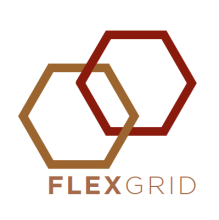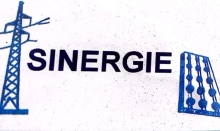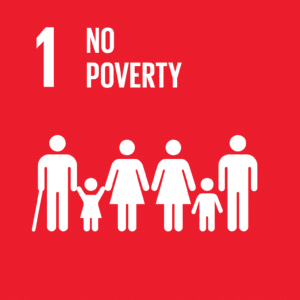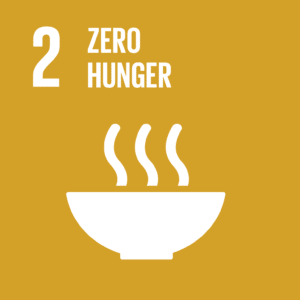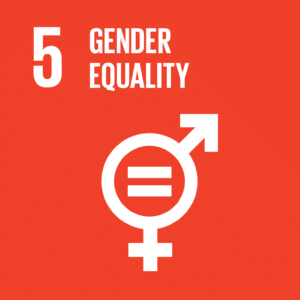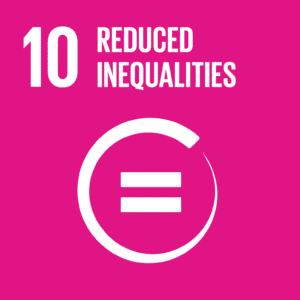Electrifying villages with 100% renewable energy

Developing cost-effective, scalable off-grid energy solutions in Mali
In rural Mali, over 80% of households and businesses lack access to electricity, despite a growing demand of over 15% per year. This leads to the use of harmful fossil fuels such as wood, kerosene, and diesel, resulting in significant CO2 emissions and accelerated deforestation. The energy demand leads to the loss of approximately 400,000 hectares of forest annually, negatively impacting climate change and reducing the capacity to cope with consequences like extreme drought.
Mali's national energy grid, managed by the government, comprises only 32 cities and villages, including the capital Bamako and around 30 rural villages with mini-grids powered by diesel generators.
Despite the enormous potential of solar energy in Mali, with only 2% of the total potential being sufficient to meet current energy needs, further investment by the Malian government and their energy company in remote villages is unlikely. This is because the costs of energy production are approximately 50% higher than the energy price, leading to significant debts.
Sustainable energy provision with local mini-grids
Through local mini-grids, villages are supplied with 100% renewable energy. This is achieved using a mobile and modular system known as "swarm batteries," where no "master-slave" hierarchy exists. Each battery can operate independently, making it a robust and user-friendly system that can be implemented locally and maintained by the community. With this approach, a defective component cannot affect the rest of the network or its functionality. The system can be flexibly expanded or reduced to maximize energy production under all circumstances.
Together with AMADER (Agency for the Development of Domestic Energy and Rural Electrification in Mali), 20 villages are selected for electrification based on various parameters such as location and demographics, to form clusters of villages between which installations can be relocated later.
For long-term success, sustainable anchoring and involvement of the local community are crucial. Local electricians and village leaders play a vital role in reporting issues and coordinating interventions in the mini-grid. They are also trained to support the users.
Twenty villages will be equipped with mini-grids. In total, 396 kWp of solar energy and 500 kWh of battery capacity will be installed. 2,500 users will be connected to the energy grid.
Concession agreements are signed with local and national authorities to manage this project in the villages for 15 years.
Would you like to know more about this project?


